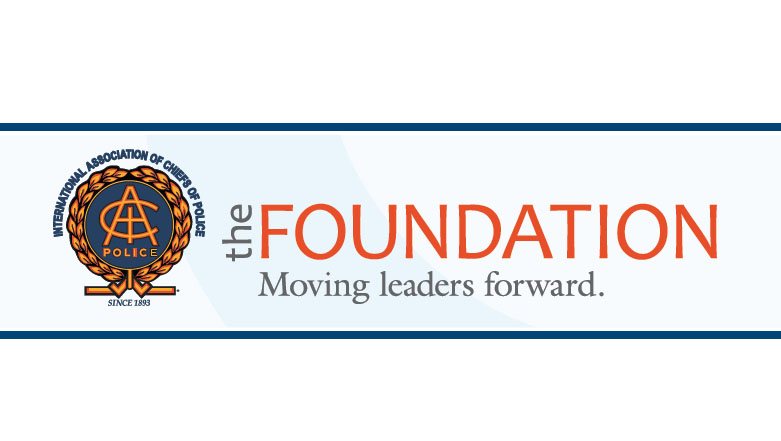Share
Leadership within law enforcement faces the challenge of how to motivate and manage employees throughout organizations. Unfortunately, the leader may be faced with those who perform their tasks with a...
Share
For years, ethics trainers have taught that all illegal behavior committed by a sworn member is unethical, but that not all unethical behavior is illegal. Still, policy noncompliance involving departm...
Share
Much has been written about the proper execution of police discretion, values, and the decision-making processes associated with crime fighting. Because policing is such a unique profession, wherein s...
Share
Updating Ethics Training—Policing Privacy Series: Respecting Society’s Evolving Privacy Expectations
A friend whose work entails a good deal of airline travel has a story some travelers have experienced. Like all of us, he is subject to the 3-1-1 rule of the Transportation Security Administration (TS...

Share
Law enforcement is a unique profession, with officers experiencing a host of freedoms not available to the general public, including the application of deadly force, high-speed driving, and seizing pe...

Share
Policing has always been about differing perceptions. In police research, academicians use the perceptions of citizens, officers, and supervisors to measure the successes, or failures, of an organizat...
Share
Over the decades, law enforcement leaders have been under increasing pressure to answer the question, “What do I do with a law enforcement employee who has been proven to be untruthful in the workpl...

Share
As organizations that often provide a significant source of private support for police departments, police foundations must adhere to a code of ethics and governance practices that protect the departm...



